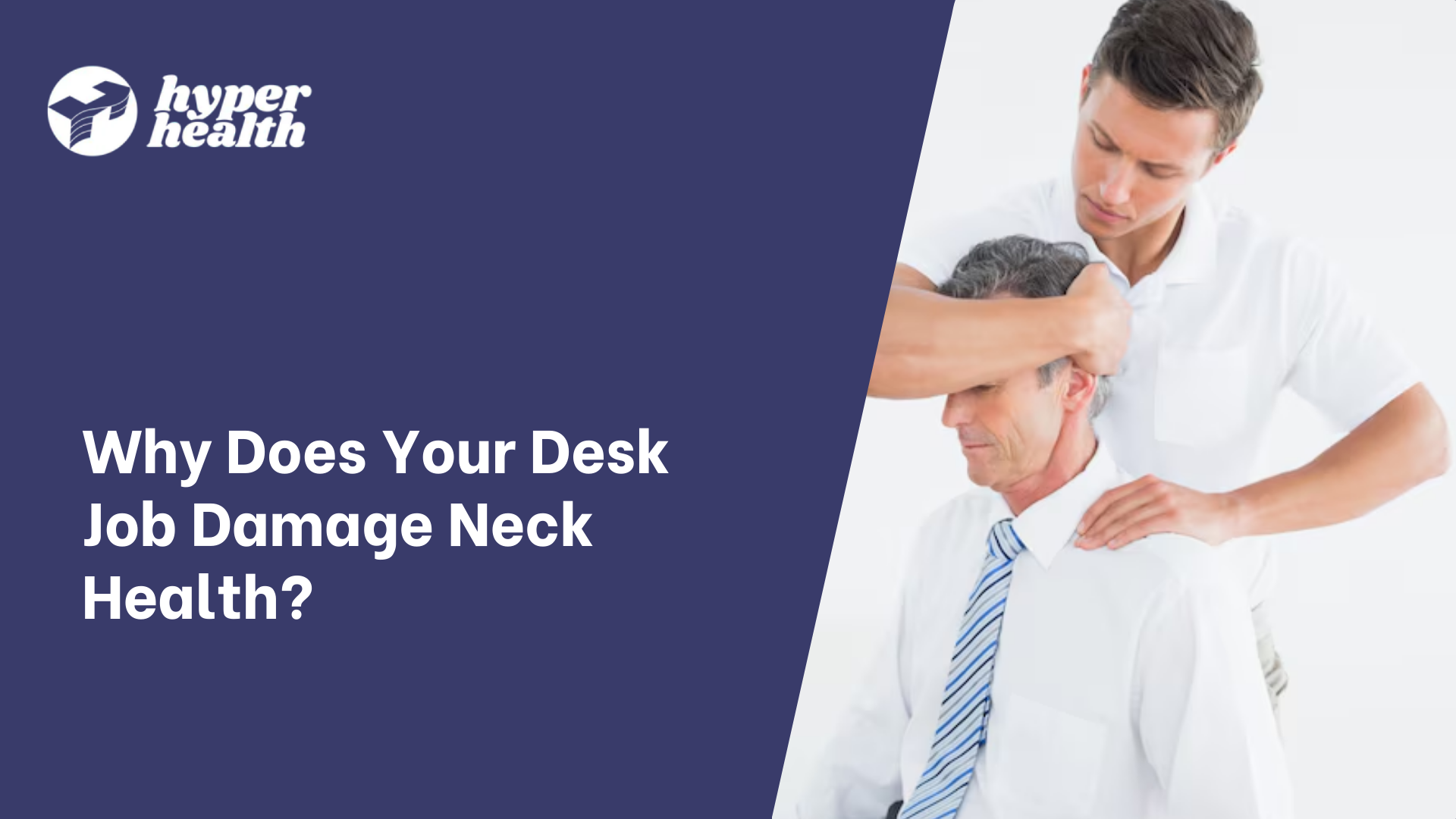“I have random fits of sharp shooting pain on the side of my head near my ear and it is
Kim Le
November 15, 2022

“I have random fits of sharp shooting pain on the side of my head near my ear and it is sometimes sensitive to touch. Sometimes eating or talking can bring on the pain but it is unpredictable”

When experiencing Facial or head pain, we want to determine the source of pain as symptoms can be similar across different causes.
Sudden onset with repeat attacks is typical of several types of neuralgias e.g trigeminal neuralgia, glossopharyngeal neuralgia, greater Auricular and lesser occipital nerves.
The most common facial neuralgia is the Trigeminal neuralgia.
Common symptoms include:
- sudden short sharp pain on the side of the head or face
- sensitive to light touches
- can be triggered from talking, coughing or swallowing
Common referral pain areas for trigeminal neuralgia can be seen in the image below

Chiropractic or Physiotherapy management of facial pain is dependant on the source of the pain. Currently there are no studies that indicate chiropractic or physiotherapy is successful in treating facial neuralgias however the rationale for seeing a chiro or physio is the relationship between the relationship between the upper spinal nerves and the spinal nucleus of the trigeminal nerve.
If the source of pain is coming from the oral cavity and triggered by oral stimulus such as cold, hot, sweetness or pressure, then it would be appropriate to consult a dentist.
The typical medical management of facial neuralgia is with anti-seizure medication. Make sure to consult your general practitioner before taking any medication.
If you have any further questions about how we can help with tight muscle and soreness, head over to our Contact Us page, or book in now to make an appointment.


Chiropractic care with same-day appointments and targeted spinal manipulation provides rapid relief for work-related neck pain. Understanding early signs of discomfort, such as limited range of motion, allows for early intervention and prevention of chronic conditions. Common office habits like poor posture can exacerbate symptoms, however, immediate treatment during work hours and ergonomic adjustments provide ongoing relief. Regular chiropractic assessments, coupled with mindful posture habits, help manage and prevent neck pain, promoting a healthy working environment.

Prolonged sitting and poor ergonomic habits at desk jobs can significantly impact neck health, leading to chronic pain. Regular breaks, proper workspace setup, and targeted exercises help maintain neck health. Professional treatments like physiotherapy and manual therapy can effectively address persistent neck pain.